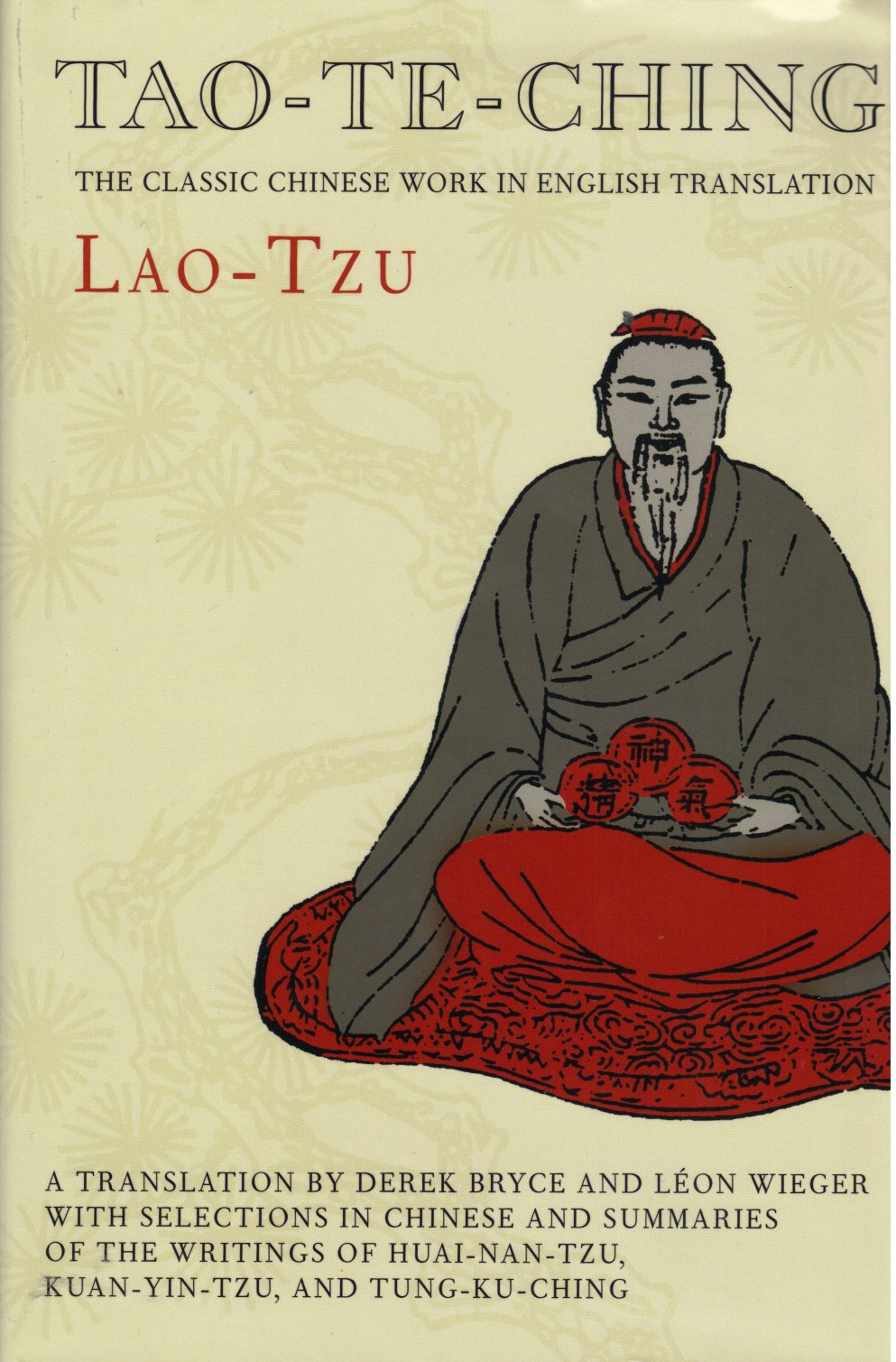
Tao Te Ching

This book consists of:
1. An introduction.
2. The 81 verses, each with the Chinese down the side, the verse itself listed in parts labeled A, B, C and so forth, and a Summary of Commentary.
3. An appendix consisting of information on the writings of several other authors similar to Lao Tsu.
4. An index.
Each verse consists of the original part translated along with additional explanatory information in parenthesis. Also, for some verses there are no commentaries. The translations also seem to use a more modern approach.
An example is chapter 21 (verse 21).
A. A good walker leaves no trace, a good speaker offends no one, a good reckoner needs no tally, an expert locksmith can make one that no one can open, an experts on knots can make them so that no one can untie them. (All specialists have their speciality, which makes their fame, from which they take their profit.)
B. Likewise the sage (Confucian politician), the professional savior of men and things, has his own procedures. He considers himself the born master of other men, regarding them a material born for his craft.
C. Now that is to blind oneself (to shade out the light, the Taoist principles). Not wishing to rule, nor to appropriate others, although wise, seeming like a madman (persisting in living in retreat), this is the essential truth.
Following is verse/chapter 42 which I think shows the more 'modern' approach used in this translation.
A. When the Principle has emitted its virtue, the latter begins to evolve according to two alternating modalities. This evolution produces (or condenses) the median air (tenuous matter). From tenuous matter under the influence of the two modalities yin and yang, all sentient beings are produced. Coming out from the yin (out from strength) they pass to the yang (to the act) through the influence of the two modalities on matter.
B. What men dislike is being alone, unique, incapable (in obscurity and abasement), and yet emperors and princes are designated by these terms (which imply humility without debasement). Beings diminish themselves by seeking to augment themselves, and they are augmented by diminishing themselves.
C. In speaking this, I have returned to the traditional teaching. The strong and arrogant will not die a natural death. I shall make this axiom the basis of my teaching.
Of course, just because it's a modern translation doesn't mean it will automatically make a lot of sense. The author does criticize modern translators in the opening part of his book.
Another verse that differs a bit from other translations is chapter 46.
A. When the Principle reigns (in perfect peace), war horses work in the fields. When the Principle is forgotten (war horses are the order of the day) and they are raised even in the town suburbs.
B. Giving in to one's covetousness (and his includes the mania for waging war) is the worst of crimes. Not knowing how to control oneself is the worst of many things. The worst of faults is wanting more, always. Those who known how to say 'that's enough' are always content.
A is pretty similar to other translations, but B differs. It is actually a translation that makes more sense than many others I have read.
Still, this is not my favorite version.
Back to start of Spirituality section
Back to start of Taoism section
Back to main Index page
|